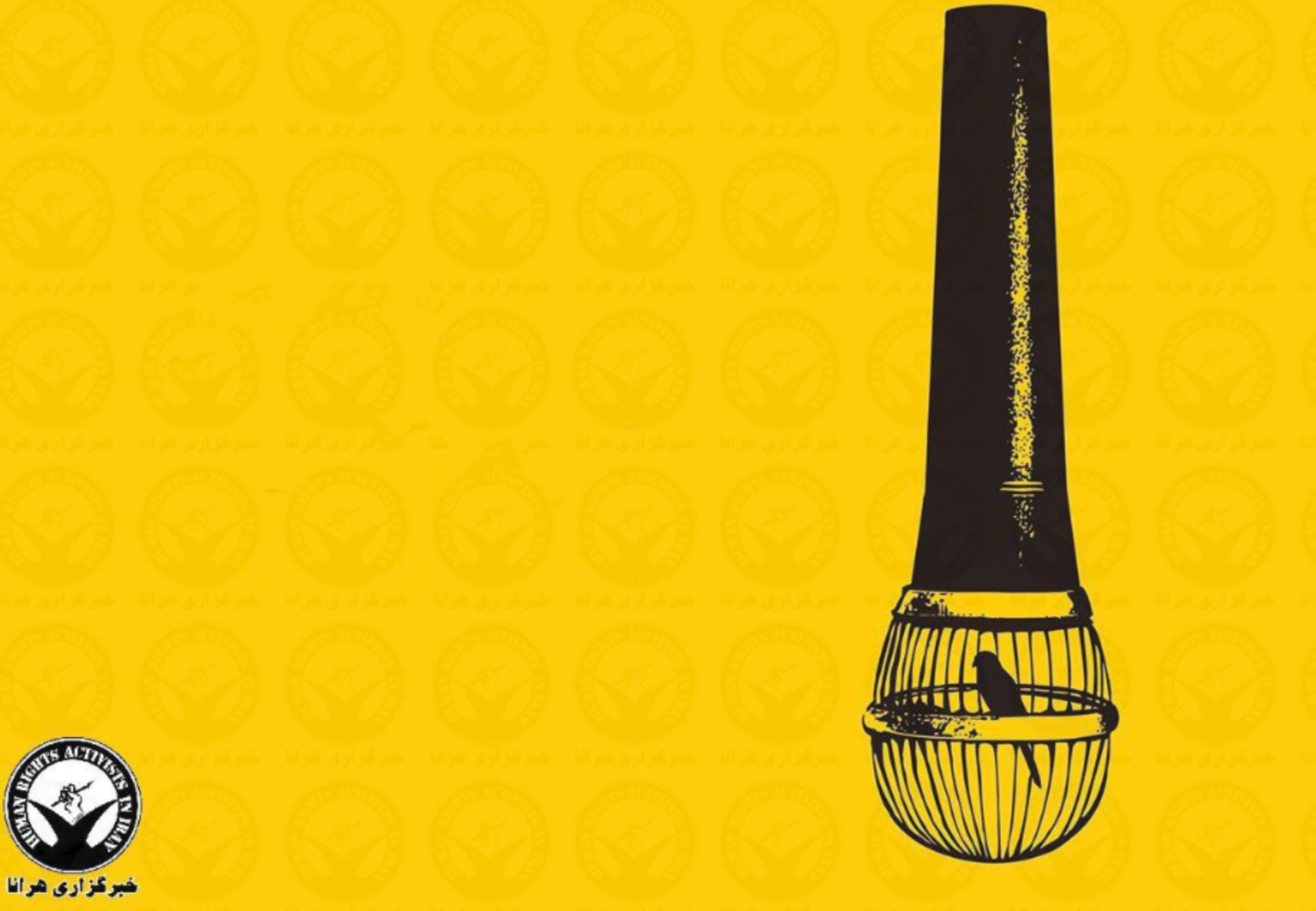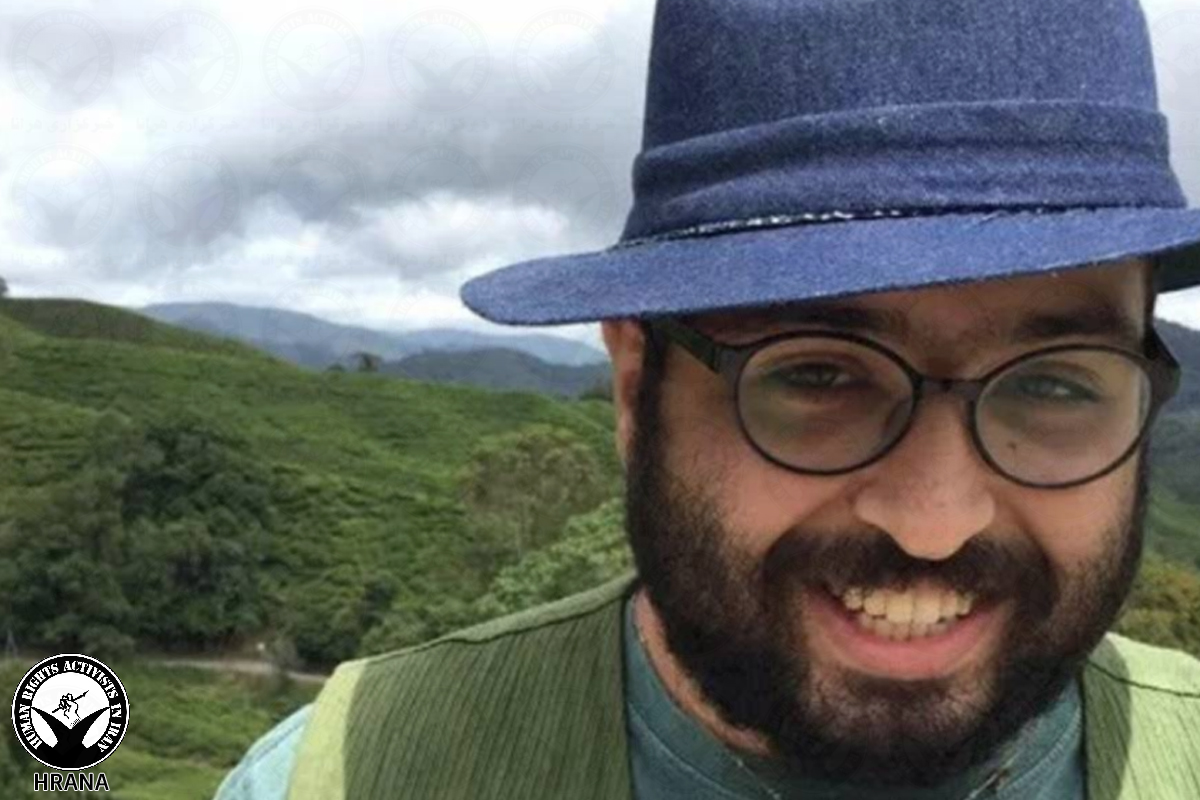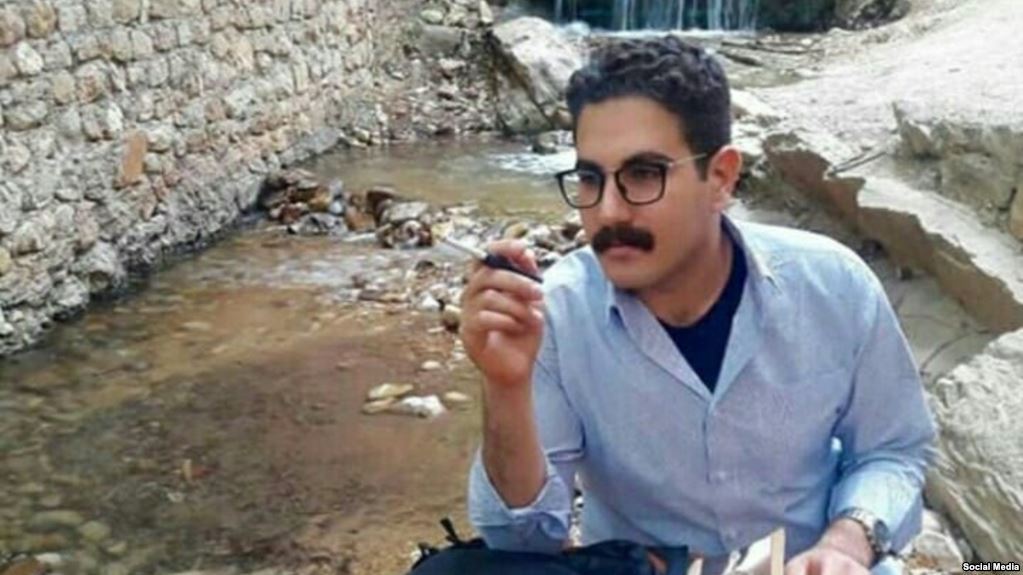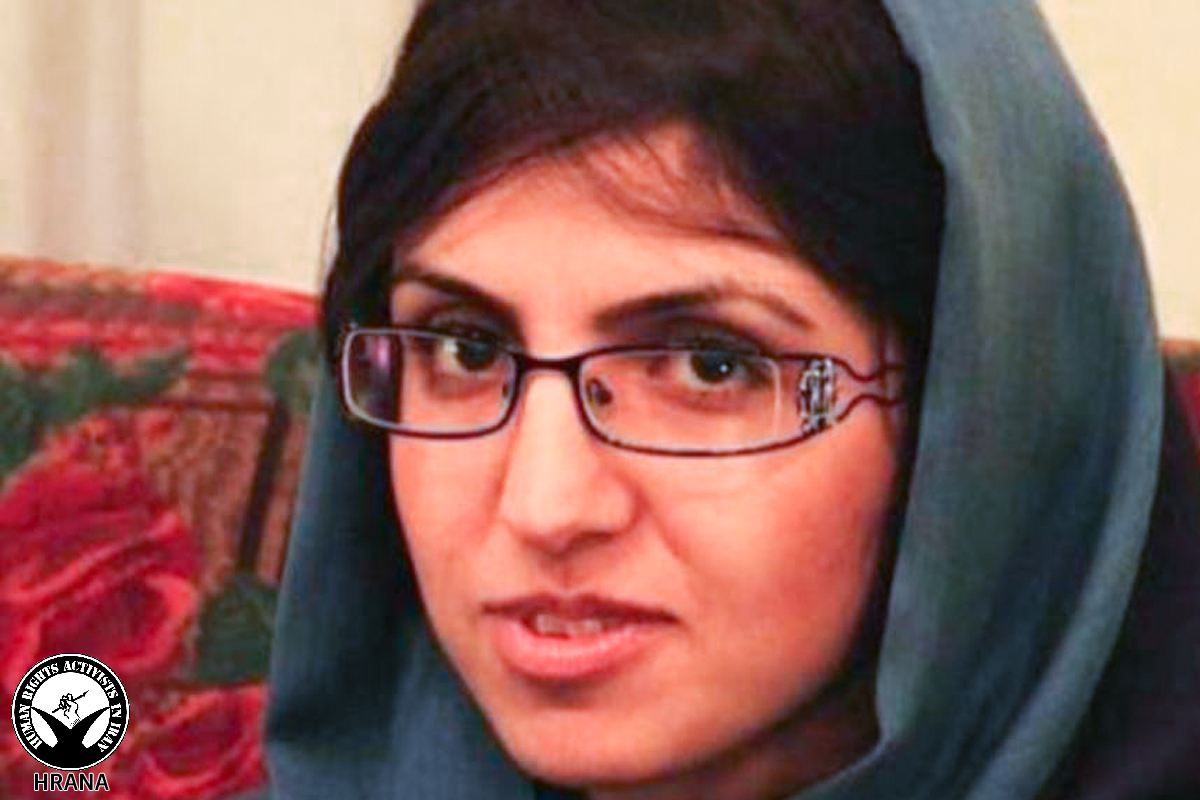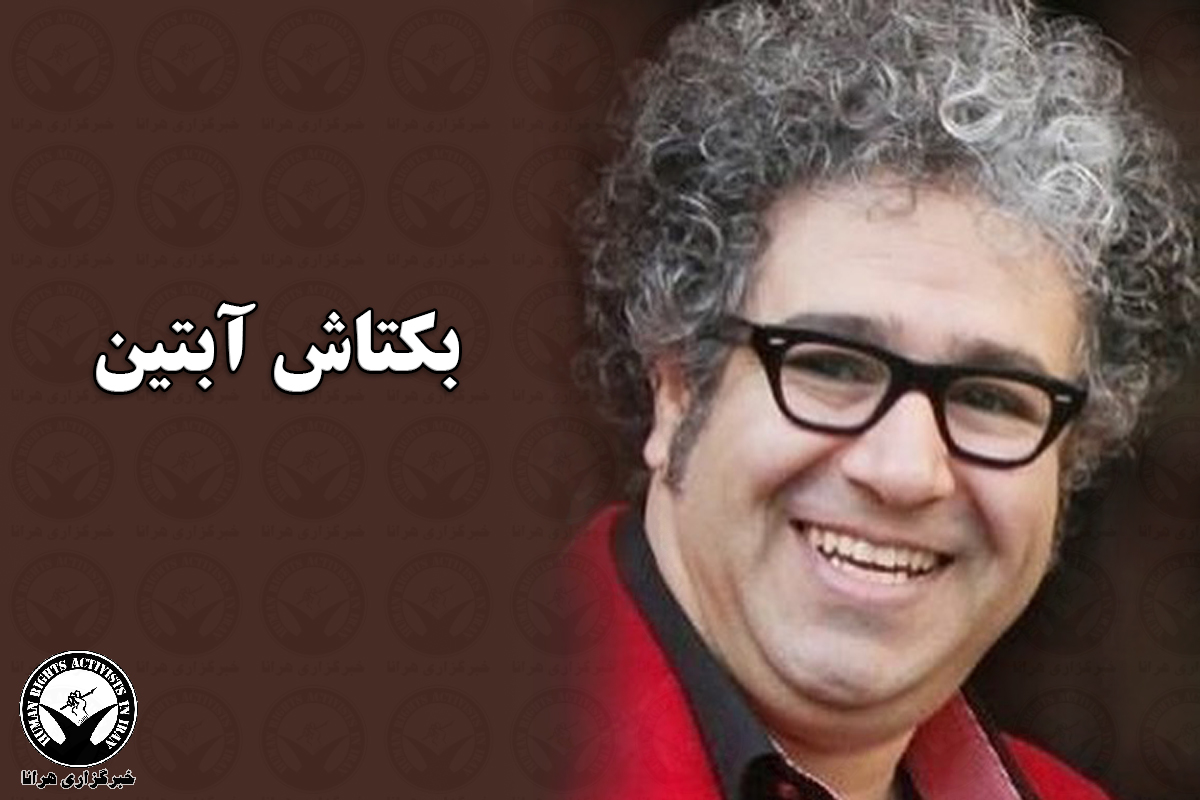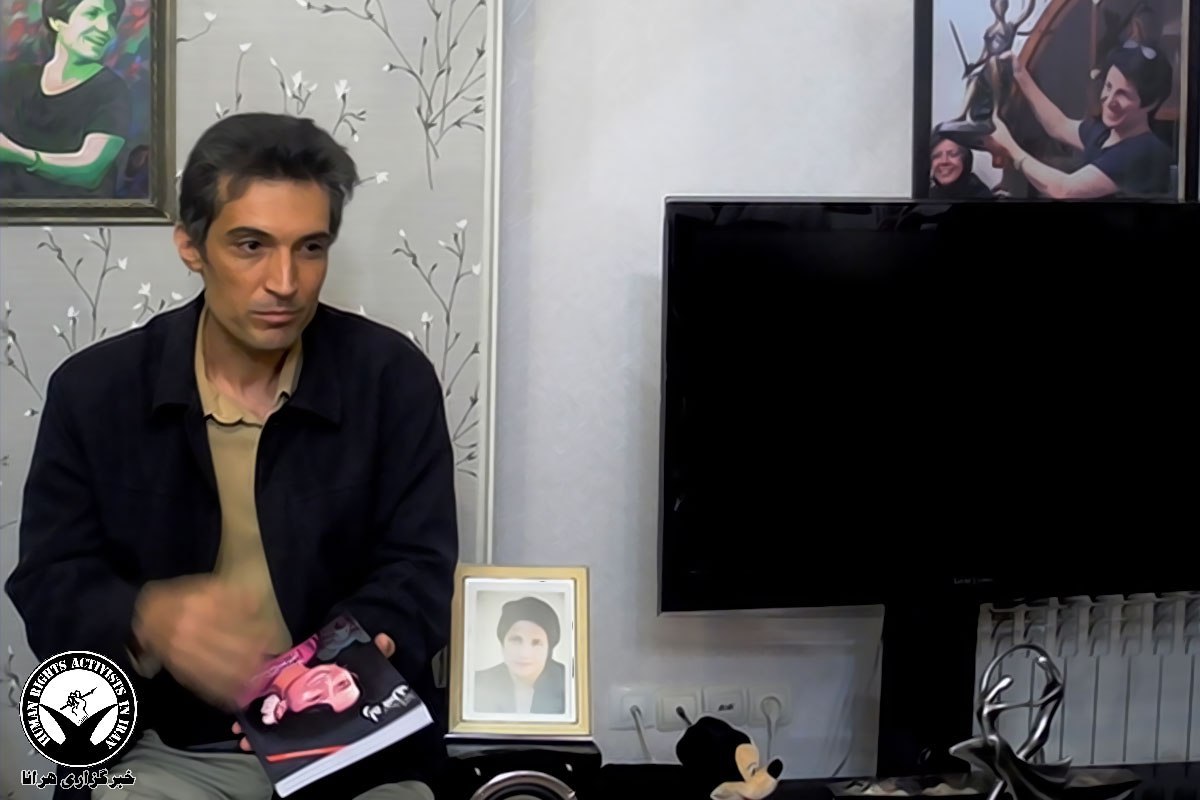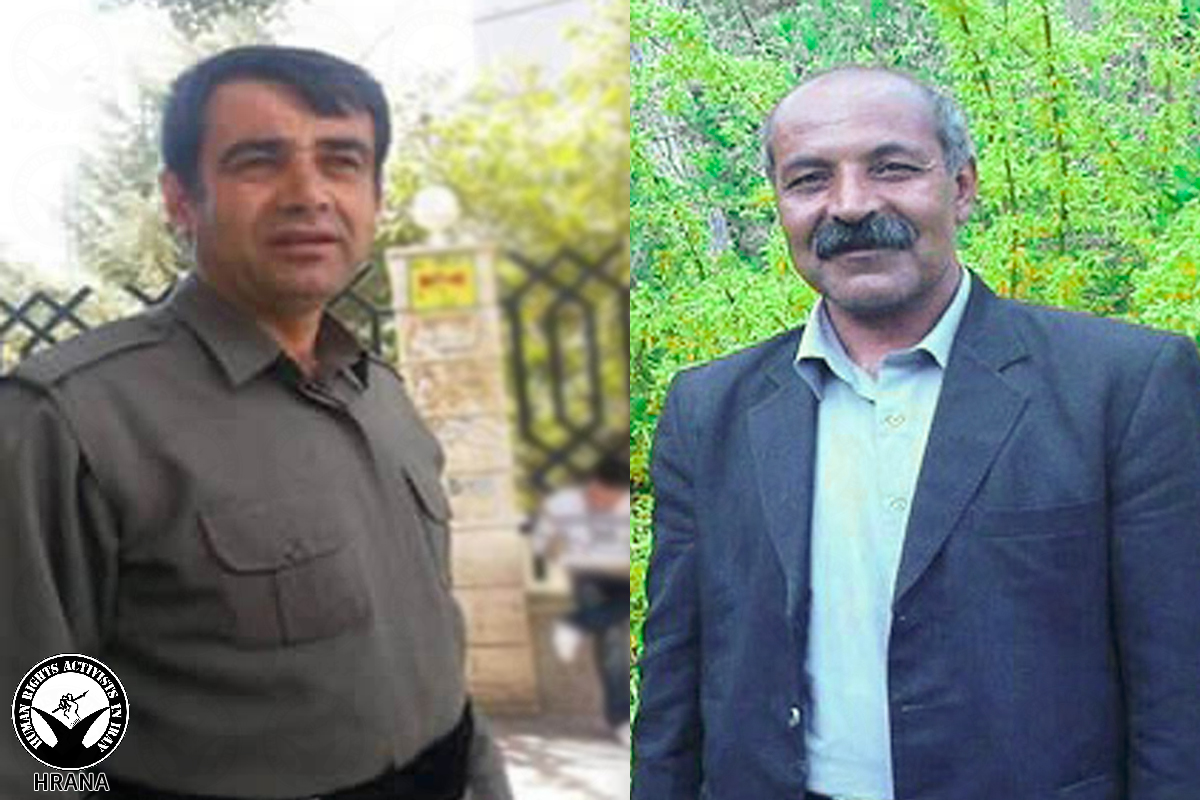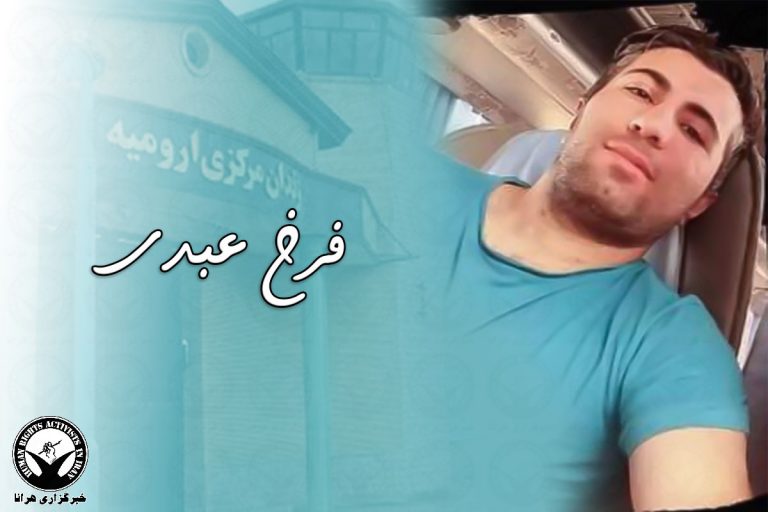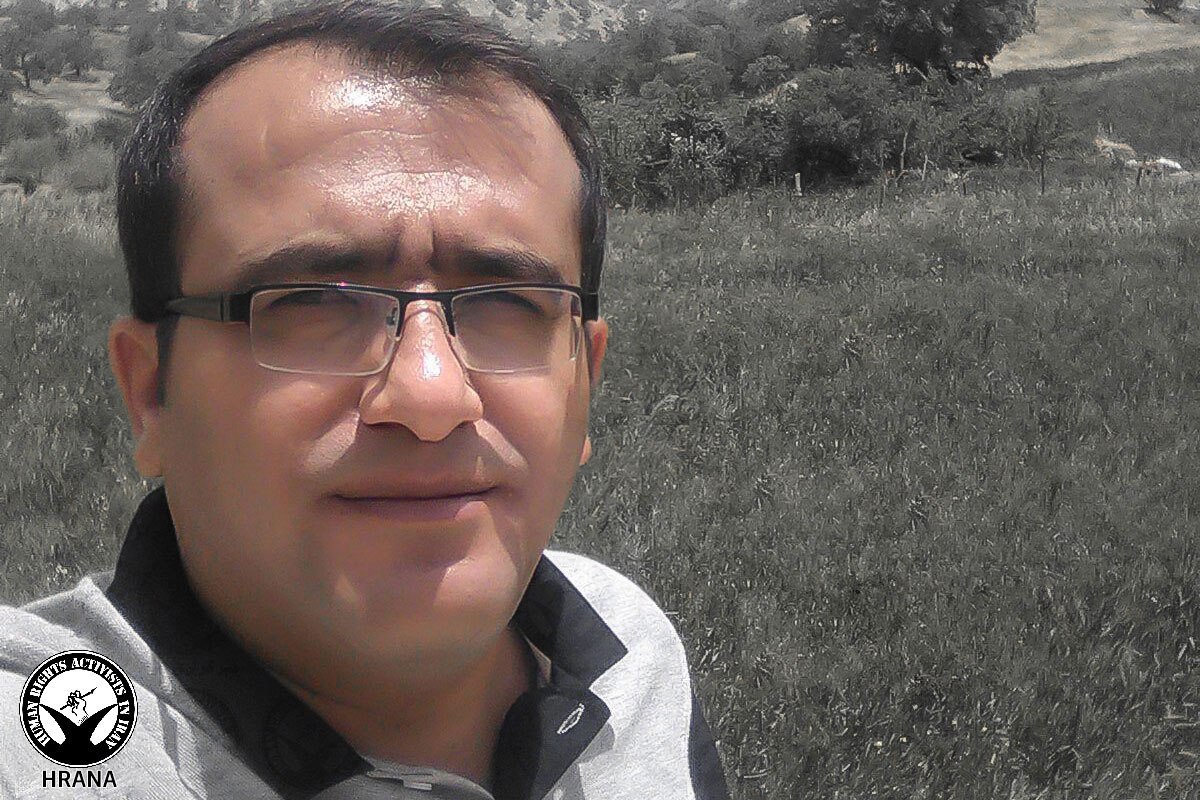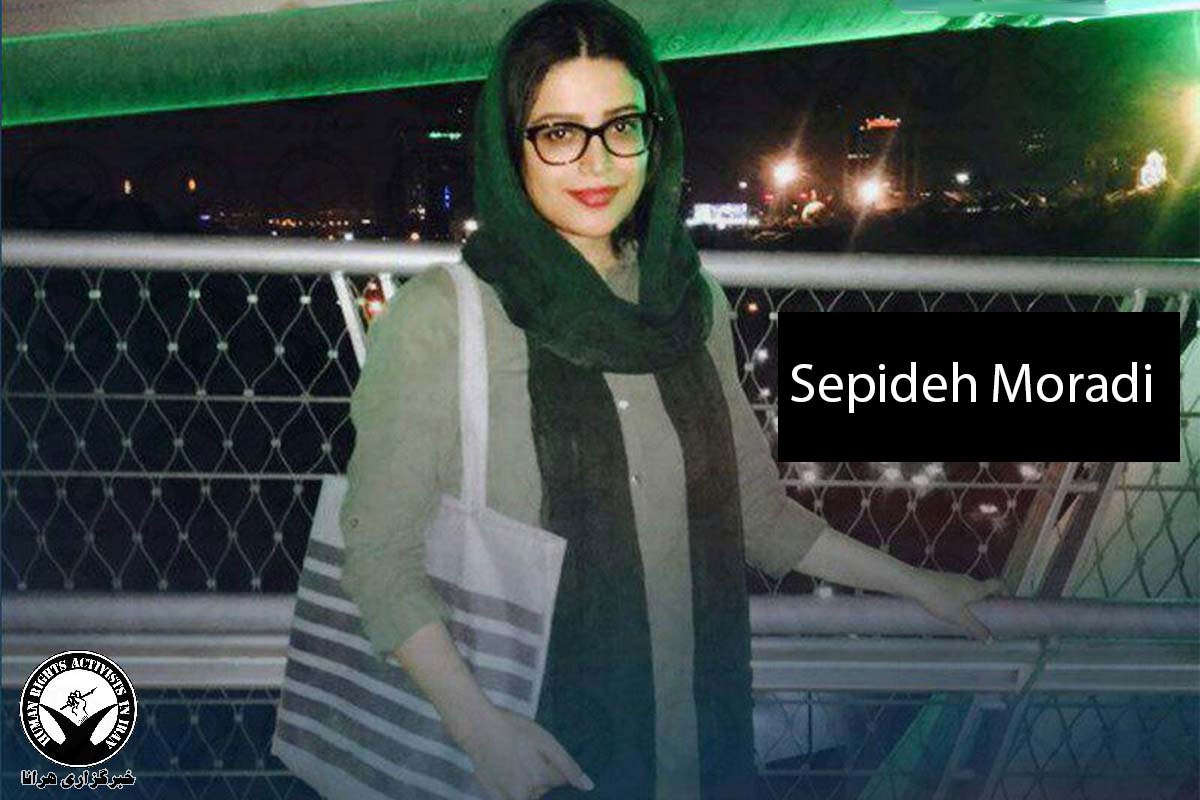Human Rights Activists News Agency (HRANA) – Bektash Abtin, a poet, filmmaker, and former board member of the Iranian Writers Guild, was fined $1,200 USD (5 million IRR) on a charge of “propaganda against the regime” for a photo he posted on Instagram in 2016.
The above order is an appeal of his June sentencing, in Branch 2 of the Revolutionary Court of Karaj, to three months of forced labor in the State Welfare Office in addition to the 5 million IRR fine.
When police raided a memorial service at Imamzadeh Saleh shrine in Karaj in November 2016, Abtin snapped a photo of his comrade’s injuries and published it to Instagram. The service was intended to commemorate writers Mohammad Mokhtari and Mohammad Jafar Pouyandeh, victims of serial murders in December 1998 that were suspected to be the work of Iranian government operatives.
Security forces stormed the memorial service, which quickly devolved into a violent clash. In attempts to protect 75-year-old civilian Fatemeh Sarhadizadeh from harm, Mazdak Zarafshan sustained severe injuries to his face. Abtin, Zarafshan, and a number of fellow attendees–including Mohammad Mehdipour, Naser Zarafshan, and Reza Akvaniyan–were subsequently taken into custody.
(subphoto text: image of Mazdak Zarafshan after he was beaten by the security forces. Baktash Abtin published this image on his Instagram account.)
After his release, Abtin published photographic evidence of Zarafshan’s injuries to his social media account, inciting Karaj prosecutors to accuse him of “propaganda against the regime” and open up a case file against him.
This is not the first entry on Abtin’s rap sheet. Pursuant to a lawsuit from fellow writer and Writer’s Guild board member Reza Khandan Mahabadi, Abtin was previously charged with “propaganda against the regime” and “publishing an illegal journal”. At the time of Mahabadi’s accusations against him, security forces stormed both of their homes and confiscated their personal property.
In 2015, Abtin was interrogated for three consecutive days by intelligence officers, who reportedly drilled him about his films, his membership in the Iranian Writers Guild, and his participation in the 2009 post-election protests.
Bektash Abtin, born in 1974, is a poet and documentary filmmaker who in 2014 was elected along with four other colleagues to the board of the Iranian Writers Guild. He previously served as secretary of the Guild for one term and as officer of the Guild’s Managing Committee for two terms. In the 2018 Guild elections, he was elected as one of the group’s financial auditors. A number of his documentaries have been screened at international festivals, including “13 October 1937,” a documentary about Iranian musician and orchestra conductor Loris Cheknavarian; “Ansor,” a documentary about censorship; and “Homayun Khorram,” a documentary about the famed Iranian musician of that name. He has also published a number of poetry books, including “When My Foot Was Clubbed It Wrote ‘Let’s Go Back,”; “My Lashes Have Stitched My Eyes Shut”; “Sledgehammer”; “A Lonely Birth Certificate”; and “The Ancestor of my Inner Ape.”



